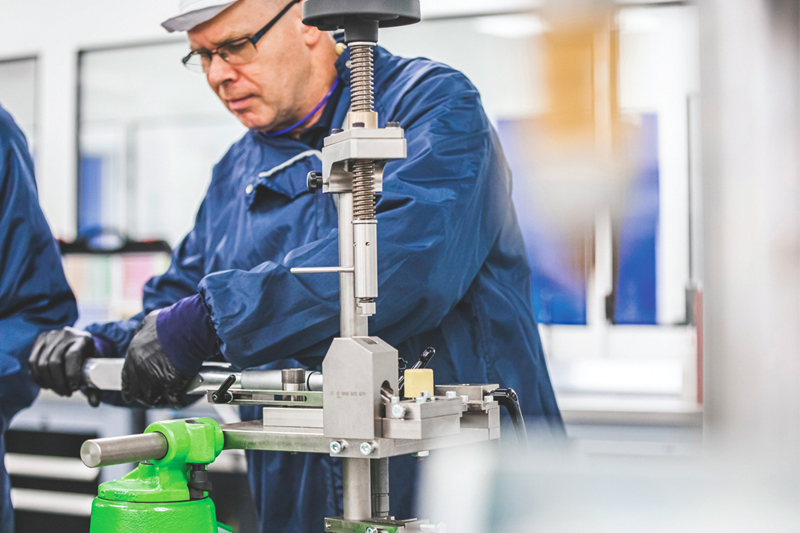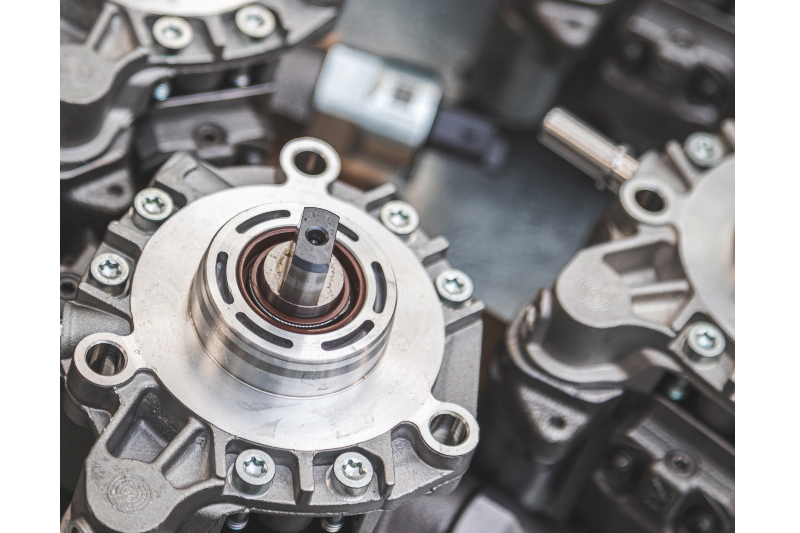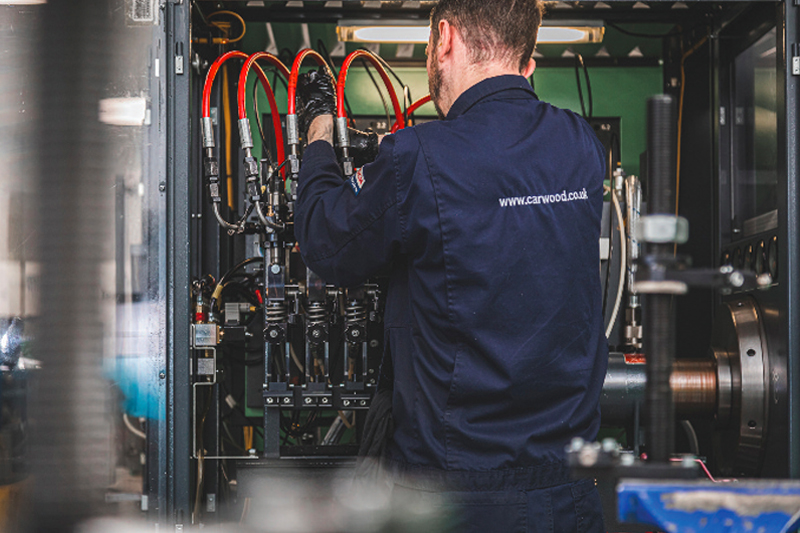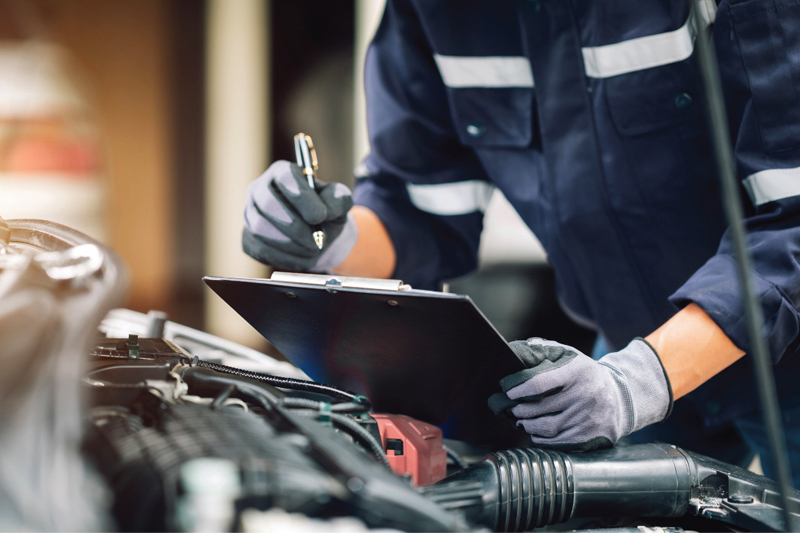
Amongst a backdrop of record inflation figures, spiralling energy costs and increasingly environmentally conscious consumers, the market for remanufacturing is soaring, according to Carwood. Here, its deputy managing director, Simon Quantrell, explains why demand for its “high-quality, affordable and sustainable parts” is growing – and what this means if you’re looking to follow suit.
Born out of necessity – a scarcity of natural resources during the war meant car and truck parts had to be reused – remanufacturing has existed in some guise or another since the 1940s. However, more recently, consumers have caught onto its benefits. With quality, price and the environment top of a long list of selling points, demand for remanufacturing is surging.
A point best illustrated by a 2022 report from research and consulting firm, Persistent Market Research. According to it, the European automotive parts remanufacturing market is currently valued at just over £16 billion. With annual growth in the region of 7% throughout the next decade, it is projected to reach more than £32 billion by 2033 – nearly doubling in the space of 10 years.
The UK, one of the top two markets in Europe, is expected to follow a similar trajectory, growing at an average annual rate of 7.2% in the same period. Based on the SMMT’s £2.4 billion valuation back in 2019, and assuming remanufacturing held its own during the pandemic, this would put the UK market somewhere in the region of £5 to £6 billion by 2033.
Carwood’s own numbers back up trend
In 2022 we delivered record aftermarket volumes, even with the after-effects of the COVID-19 pandemic still hampering our operations. This year has got off to an even better start. So, whichever way you look at it, remanufacturing is a big and clearly fast-growing market – and one that will present significant opportunities for you moving forwards, but what’s driving this growth?

Whilst growing consumer acceptance has played its part, there’s no doubt that the current economic climate is having a big impact. Amid 40-year inflation highs, the result of a once in a lifetime pandemic and now a war in Ukraine, fuel, energy and food costs are going up like never before. Because of this, already cost-conscious consumers are having to cut back on all but necessary expenditure.
As an example, in a 2022 study by the Motor Ombudsman, over half the respondents with no service plan in place, acknowledged that they are planning to either miss, or delay their car’s annual service in order to save money. As the cost-of-living crisis deepens, the reality is that this number will only get larger.

Since fuel pumps, injectors, turbochargers etc are typically a distress purchase, and, therefore, can’t be put off without significant consequences for the vehicle, it’s unlikely this will affect demand for remanufactured parts. Any delays to routine servicing may, however, lead to premature wear and tear of critical components, and, therefore, earlier, and/or bigger, more costlier repairs in the future.
What’s certain is that vehicle owners will look for more economical solutions when work is needed. And that’s where reman is the perfect solution for both of you. By reusing the core, it’s a lot more cost-effective than buying new, with savings of at least 25% compared to the original part.
By returning a used part to the VM’s original specification, OE-approved remanufacturers, like Carwood, can ensure a product that’s just as good as new. And by mirroring any updates the OEM has made to subsequent new parts, and/or incorporating its own engineering improvements, Carwood’s reman version is sometimes better than new.

Finally, environmental concerns are contributing to the growing demand for remanufactured products. Indeed, in a recent UK report by Deloitte, more than 40% said they would choose brands that have environmentally sustainable practices and values. And although this may not be the main reason, it’s another big plus for reman. Using 70% less material and 85% less energy are powerful reasons on their own.
In summary
Combine quality, price, sustainability and rapid market growth predicted, remanufacturing represents an exciting opportunity for the aftermarket. Most, if not every VM, already has its own reman parts programme in place – the likes of Jaguar Land Rover, Mitsubishi, Isuzu and CAT are supplied by Carwood.
Carwood doesn’t buy into the idea that you pay for what you get; no one should have to choose quality over price, service, or anything else come to that. This is why Carwood has invested in OE test-equipment, parts, processes and know-how, to ensure it can return a part to its original condition, without the price tag or environmental footprint.
There is no compromise; Carwood customers get the proven-quality product they expect, at a competitive price, and for an increasingly wide range of vehicles too.








